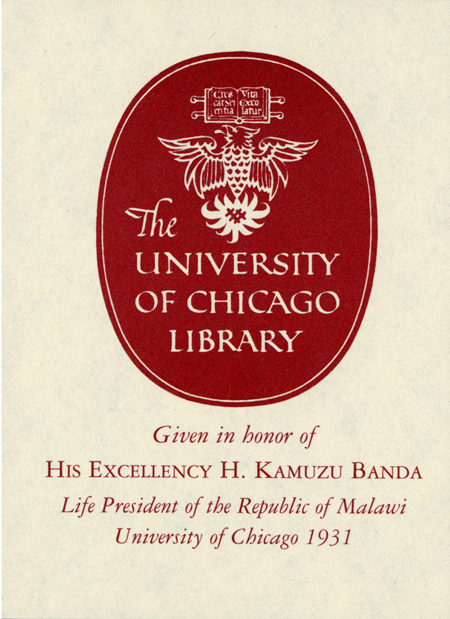Review by Choice Review
South African author/scholar Zoë Wicomb (emer., Univ. of Strathclyde, UK) is little known, but Toni Morrison called Wicomb's first book, You Can't Get Lost in Cape Town (1987), "seductive, brilliant, and precious." The 16 essays and critiques, plus two extended interviews, that make up the present volume testify to Wicomb's perceptive attachment to South Africa despite her prolonged self-exile in Scotland. Given her Griqua and colored identities, Wicomb could be compared to novelist Bessie Head and biographer/novelist/poet Richard Rive, both of whom were born in South Africa. Wicomb writes in praise and at some length about Head, but says too little about Rive. Her best criticism (in this volume) is of the writings of J. M. Coetzee, especially Disgrace (1999), and of Nadine Gordimer's July's People (1981). Her essay on District Six is also worthwhile, given its focus on "switching" between Afrikaans and English. In her brief essay on Nelson Mandela, Wicomb praises his emergence from prison "squeaky clean and beautiful," with colorful shirts that emphasized his "Africanicity." In an interview with Vlies, Wicomb calls the 2015 Rhodes Must Fall movement, with its campus unrest, "ironic" because students behaved as "Philistines." This volume makes Wicomb's writing and talent available to a wide audience. Summing Up: Recommended. Lower-division undergraduates through faculty; general readers. --Robert I. Rotberg, Harvard University
Copyright American Library Association, used with permission.
Review by Publisher's Weekly Review
Wicomb, a South African novelist (David's Story), short story writer, and literary and cultural critic, assembles some of her best previously published essays, spanning three decades of a brilliant career. Part one includes insightful essays about politics and culture written beginning in the late apartheid period, including the playful "Remembering Nelson Mandela," a version of which was originally published in the New Yorker. Part two includes scholarly, dense essays focused on questions of reading and authorship, in which Wicomb engages thoughtfully with the works of fellow South African writers J.M. Coetzee, Bessie Head, Nadine Gordimer, and Ivan Vladislavic. Part three concludes with a recent interview with the author. The value of this book lies in its insider-outsider perspective: Wicomb was born in South Africa but left in the 1970s and has lived in Scotland for most of her career. She explains, "My life, however, remained immersed in South Africa in the sense that all my work, creative and critical, was centered in the place that I did not live." Because of the highly specialized and technical vocabulary, the general reader will struggle with the text. The audience is limited to advanced students of postcolonial studies or literary and linguistic scholars with extensive background knowledge of South African literature, politics, and culture. (Nov.) © Copyright PWxyz, LLC. All rights reserved.
Review by Choice Review
Review by Publisher's Weekly Review

